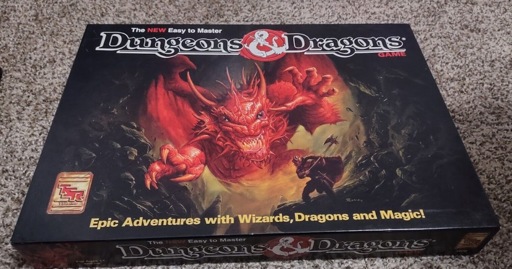Not a very high quality article. Makes constant reference to “faction and domain play” without adequately defining the terms for someone that didn’t grow up with them. (Presumably, the target of the article.) And a lot of typos.
I’ve tried to run games (in a couple systems) that had complex NPC factions to engage with, and a lot of players just… don’t. I think sometimes they just don’t realize it’s an option.
My last game was kind of picking up speed, where there was a bad megacorp (within it two main factions) and a fractured array of resistance groups. I was hoping the players would do some alliance building. It was kind of working, but then real life sort of scuttled the game.
The other problem that happens to me a lot is I think about the game between sessions, and the players don’t. They don’t remember much detail. So I’ll be like, “And you discover he’s been working with the Seers the whole time!” And they’ll be like “the who? Is that bad?”. It’s hard to get factional stuff going if the players can’t keep straight who’s who.
I am a bit surprised by the premise. Indeed D&D misses a good faction play, but it’s one RPG among thousands of others.
Many if not most RPG do have faction/reputation mechanics. Vampire or L5R comes immediately to my mind. Playing any kind of cyberpunk game involve a form of faction as you need to manage not being arrested by cops or corpo, if you move to the 2010’s Eclipse phase has this pretty interesting reputation economics, and then Blade in the dark came with fun faction/downtime rule at the point for some players it’s mostly a faction management game


